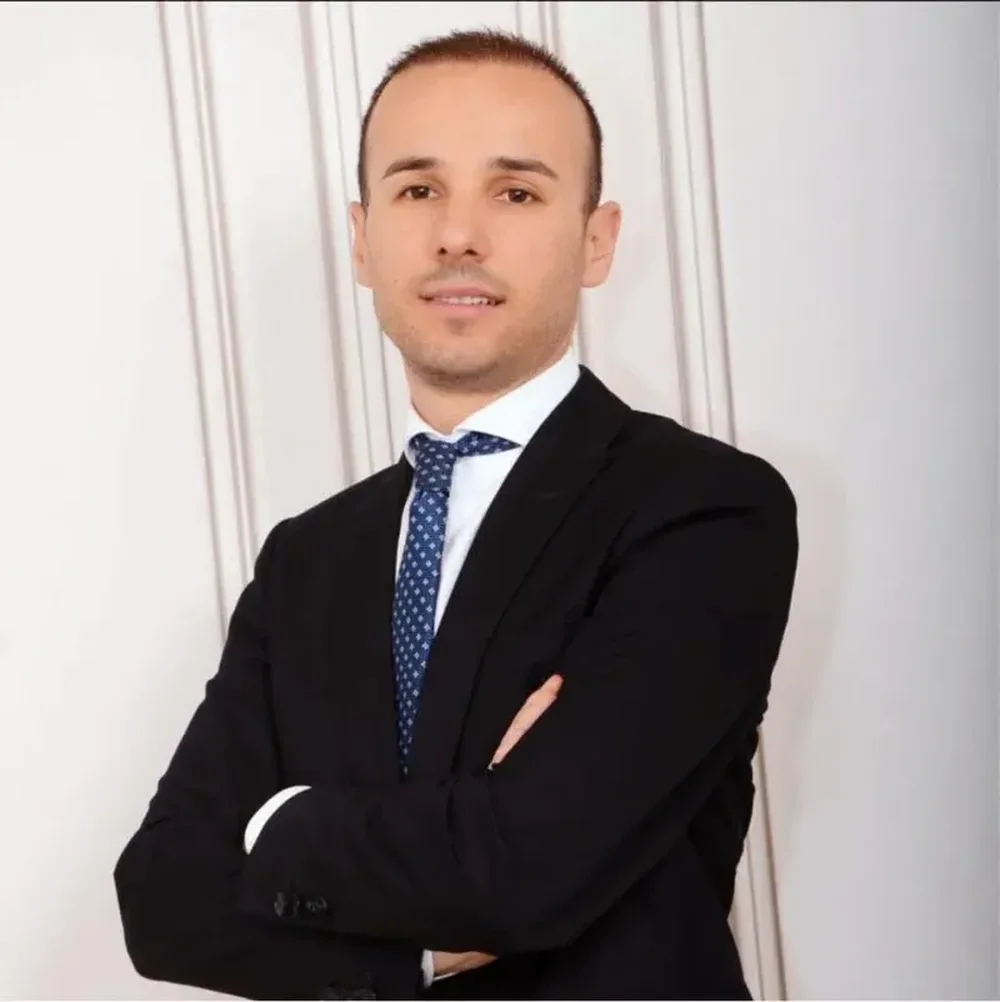The International Commission of Jurists (ICJ) condemns the arrest and detention of defence lawyer Ulian Barjami in Elbasan, Albania, on 18 October 2025 and calls for his immediate release. His arrest and detention – reportedly as retribution for announcing his intention to complain against the prosecutor and police officers while representing a client in court – amount to improper interference with Ulian Barjami’s fulfilment of his professional functions as a lawyer and violate his client’s right to a fair trial.
“It is lawyers’ duty to zealously defend their clients’ human rights; in the performance of this duty lawyers may be called upon to forcefully challenge the authorities’ conduct and must be able to do so without fear or favour,” said Temur Shakirov, ICJ Europe and Central Asia Director. “The arrest and detention of a lawyer seemingly solely for speaking in court in defence of a client is clearly incompatible with an independent legal profession”.
According to information publicly available, Barjami was arrested after a hearing on 17 October 2025 in which he challenged the prosecution’s request for continued detention of his client and stated that he would file a criminal complaint concerning the conduct of the prosecutor and police officers involved in the case. Reports indicate that Ulian Barjami was arrested and detained purportedly for making threats against officials in connection with the performance of their duty.
The National Chamber of Advocates described Ulian Barjami’s arrest as arbitrary and announced a nationwide boycott of court hearings from 20 to 25 October.
The ICJ recalls that under Article 14 of the International Covenant on Civil and Political Rights and Article 6 of the European Convention on Human Rights, the right to a fair trial includes the right to be defended by counsel of one’s choosing. In turn, this right requires that lawyers be able to carry out their professional duties independently and without fear of being sanctioned solely for fulfilling those duties.
The UN Basic Principles on the Role of Lawyers, for example, provide that lawyers “shall not suffer, or be threatened with, prosecution or administrative, economic or other sanctions for any action taken in accordance with recognised professional duties, standards and ethics,” and that they “shall enjoy civil and penal immunity for relevant statements made in good faith in written or oral pleadings or in their professional appearances before a court” (Principles 16 and 20).
The ICJ calls on the Albanian authorities to ensure the immediate release of Ulian Barjami, to discontinue the criminal proceedings against him, and to take effective measures to protect all lawyers from interference, harassment or retaliation for performing their professional functions.
Background
On 13 October 2025, police in Elbasan arrested several individuals alleged to have been in possession of weapons. One of them, Maksim Suçi ( also known as Maks Lika), was represented by Ulian Barjami. During the 17 October hearing before the Elbasan District Court, Barjami disputed the prosecution’s submissions and announced his intention to lodge a complaint against the prosecutor and police officers. Reports indicate that, the following day, he was arrested and detained purportedly for making threats against officials in connection with the performance of their duty.
The National Chamber of Advocates, together with the Vlora Bar Association and the Criminal Lawyers Association, denounced the arrest as an attack on the legal profession and announced a boycott of hearings.
Applicable international law and standards
Article 14(3)(d) ICCPR: “In the determination of any criminal charge against him, everyone shall be entitled… to defend himself in person or through legal assistance of his own choosing”.
Article 6(3)(c) ECHR: “Everyone charged with a criminal offence has the right… to defend himself in person or through legal assistance of his own choosing.”
UN Basic Principles on the Role of Lawyers (Principles 16 and 20):
“Governments shall ensure that lawyers … are able to perform all of their professional functions without intimidation, hindrance, harassment or improper interference … and shall not suffer, or be threatened with, prosecution … for any action taken in accordance with recognized professional duties, standards and ethics.”
“Lawyers shall enjoy civil and penal immunity for relevant statements made in good faith in written or oral pleadings or in their professional appearances before a court.”





